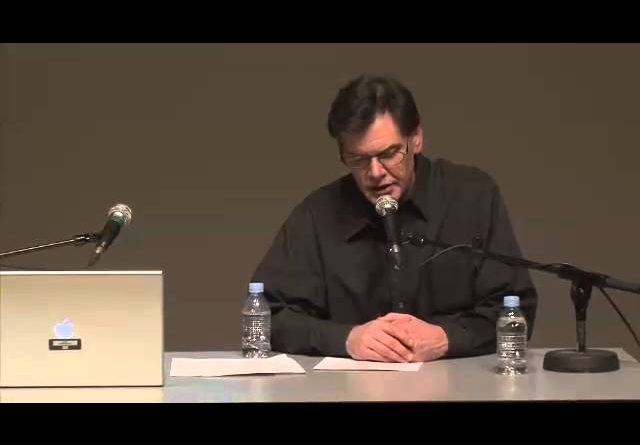Understanding Peter Sotos, Beyond the Controversies
Peter Sotos, a Chicago-born author, is a figure shrouded in controversy and misunderstanding. Known for his incisive explorations into the darkest corners of human behavior, Sotos works on a disturbing yet enlightening niche. With a career that began in the fervent cultural setting of the 1980s, his work challenges our perceptions of morality and media, often making us confront what we would rather ignore.
The core of Sotos’ writing work lies in his unflinching examination of sadistic and pedophilic impulses. Often adopting a first-person narrative, his prose forces readers into the minds of sexual predators, challenging them to understand these disturbing perspectives. His writings are seen not just as explorations of deviancy but as potent social criticism, highlighting the often hypocritical ways in which media deals with these issues. Sotos’ approach is, even though discomforting, yet thought-provoking, pushing boundaries to make societal hypocrisies evident.
Beyond his books, Sotos has significantly impacted transgressive fiction, a genre that explores characters and plots that push societal boundaries. His unique narrative style and themes influence a broad spectrum of writers who tackle similar subjects. His involvement with the industrial noise band Whitehouse from 1983 to 2003 also showcases his penchant for confronting and provocative art. This part of his career shows his broader artistic endeavors, contributing a layer to his exploration of extreme human emotions and actions.
Despite his early legal troubles and the stigma attached to his work, Sotos continues to gain support from various quarters of the literary and art communities. Critics and peers often defend his work as a necessary part of the cultural conversation, arguing that his insights into the darker aspects of human nature are valuable. His books and essays continue to be studied and discussed for their piercing insights into the depths of desire and violence.
Peter Sotos remains a polarizing figure in contemporary literature. While his methods and subjects may not be palatable to all, his work reflects society’s darker undercurrents. His career encourages a stronger reflection on the themes of morality, legality, and media sensationalism. Those willing to explore his writings should expect a complex, challenging, and enlightening experience, demanding we reconsider our perspectives on crime, punishment, and empathy.
Exploring Peter Sotos’s life and work reveals that understanding him requires a nuanced approach, acknowledging both the controversial nature of his subjects and the critical intentions behind his writings. His writing contributions continue to provoke debate, challenging us to confront uncomfortable truths about society and ourselves.


this guy is evil